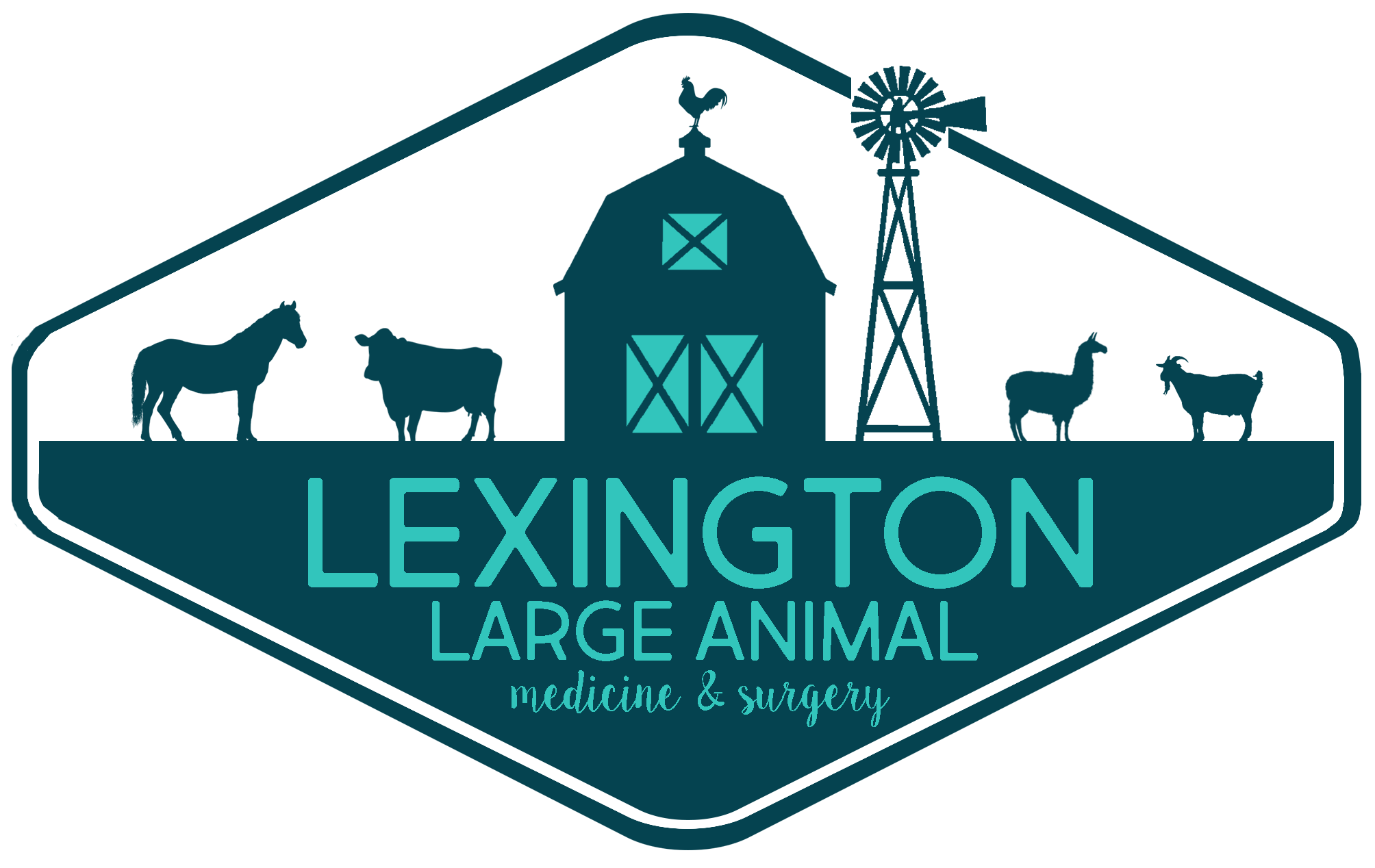Library
-
Glucosamine/chondroitin combination is a nutrient supplement that is given by mouth and is used to treat osteoarthritis and feline lower urinary tract disease. Give as directed by your veterinarian. Side effects are uncommon but may include gastrointestinal upset. Do no use in pets that are allergic to it. If a negative reaction occurs, please call your veterinary office.
-
Griseofulvin is given by mouth and is used on and off label to treat skin, hair, and nail fungal infections. Give as directed by your veterinarian. Common side effects include lack of appetite, vomiting, and diarrhea. Do not use in pets that are allergic to it, pregnant pets, breeding males, pets that have severe liver disease, or in cats with FIV or FeLV. If a negative reaction occurs, please call your veterinary office.
-
Home renovation can be arduous for every member of the household. Awareness of possible construction site problems will help homeowners avoid pet-related issues. A little planning can make the renovation process run more smoothly everyone.
-
If your pet had an emergency crisis, how would you manage it? Ask your veterinary hospital how they handle after-hour emergencies. Use this handout to help you plan ahead and be prepared in the event of a pet health emergency.
-
Hyaluronan topical (Optixcare wipes®) are used to remove sticky mucus, eye secretions, and crusty debris from around the eyes of dogs, cats, and other small pets. They contain chamomile and hyaluron, which are gentle cleaning supplements. They are used to manage tear staining around the eyes in pets prone to this condition.
-
Hydrocortisone otic is a steroid medication used to treat topical inflammation of the ears in pets. It is often combined with antibiotics and comes as a liquid solution applied within the ear canal.
-
Hydroxyzine is given by mouth or injection and is used off label to treat allergic or itchy conditions. Give as directed. The most common side effect is sedation. Do not use in pets that are allergic to it or cetirizine, or pets that have heart failure, urinary obstruction, or stomach obstruction. If a negative reaction occurs, please call your veterinary office.
-
Hypochlorous acid (HOCl) topical is used for the management of skin conditions such as wounds, abscesses, cuts, abrasions, skin irritations, ulcers, post-surgical incision sites, and burns. It may be used to prevent or treat bacterial skin infections, including methicillin-resistant staphylococcus aureus (MRSA). Hypochlorous acid also has antifungal and antiviral properties and is reported to reduce inflammation, pain, and itching.
-
Idoxuridine is an antiviral topical medication used to treat viral infections of the eye, such as feline herpesvirus-1 in cats. Idoxuridine comes as eye drops or can be compounded by your veterinarian into an eye ointment. Give as directed. Side effects of idoxuridine include eye irritation. Pregnant women should NOT handle this medication.
-
Imidocarb dipropionate is an injectable medication that is administered by a veterinarian to treat babesiosis in dogs. It is also used off-label to treat other protozoal infections in dogs, cats, and horses. Most common side effects include mild drooling, tearing, vomiting, or nasal drip. Do not use in pets with exposure to cholinesterase-inhibiting drugs, pesticides, or chemicals. If a negative reaction occurs, please call your veterinary office.

